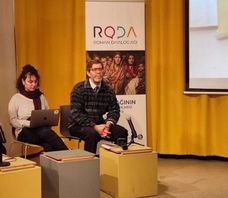New policies for Türkiye's Roma population met with skepticism
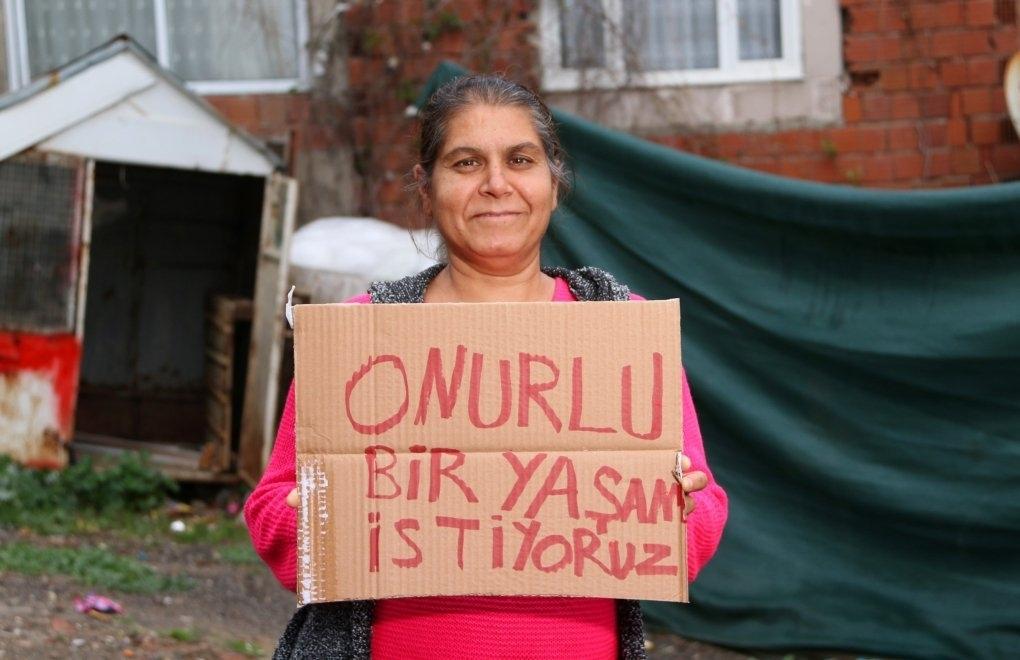
President Erdoğan opened the 2023 Roma Gathering held in Kasımpaşa, İstanbul, on January 20, hailing his ties with the Roma community, calling them his 'brother and sisters'.
"We grew up together on the same streets, shared and ate the same bread, experienced the same joys and shared the same sorrows," he stated.
The leader of the Justice and Development Party (AKP) was born in Kasımpaşa, a conservative working-class area that includes the Çürüklük district, historically inhabited by the Roma people. The name Çürüklük means "rottenness" or "garbage dump," as the area is said to have been a landfill during the Byzantine era.
"Some people only call your name politically, some greet you just to give off an image, and some knock on your door just to ask for your vote. But we have a friendship lasting from the past to the present and will hopefully last until our last breath," he continued.
The reason for President Erdoğan to return to his home turf was to herald "good news" with the signing of a circular that intends to continue Türkiye's endeavors for the country's estimated 2.5 million to 5 million Roma people.
He promised the establishment of a museum that will 'keep the Roma culture alive' and development, support, and educational programs such as financial opportunities for Roma to start their own businesses and grants for Roma women cooperatives.
Debt and Poverty
A welcome initiative as many of Türkiye's Roma people suffer from poverty and are deeply in debt, with an average household income of one-third of the minimum wage, according to a study conducted last year by the Social Democracy Foundation (SODEV), İstanbul Planning Agency (IPA), and the Zero Discrimination Foundation.
77.5 percent of the interviewees suffered from unemployment. Those working primarily did cleaning and waste picking jobs or were municipal employees. Others sold water, flowers, or begged on the street. The pandemic exacerbated their situation, with 55.7 percent losing virtually their entire income. In addition, 65 percent of the Roma did not get government support. Those who did, mostly received coal to heat their homes.
These struggles leave many Romas feeling unhappy and excluded by the state. "We do odd jobs. We collect paper and garbage. We live in shacks. No one, including the state, remembers us," explains Gökhan Y. in daily Birgün, who lives in the East Thracian city Tekirdağ.
"They leave us in tents. We didn't even have sewerage, we built this ourselves. Don't apologize to us. We need action. I want to raise my children in a comfortable healthy environment," a 24-year-old mother of 2 children adds.
Inclusion of the Romas
The inclusion of Romas has been on the political agenda for over a decade. In 2010, then-Prime Minister Erdoğan met with Roma NGOs representatives and apologized for the state's past policies, admitting that:
"Romani citizens are my citizens, and they could not benefit from citizenship rights for decades in Türkiye. If somebody should be apologized to, those are Roma citizens, and I apologize to them in the name of the state."
After the meeting, the fee for acquiring an identity card was abolished, with the aim of enabling Romas, who could not pay the fee, to obtain an identity card and thus access social services, such as education.
In the following years, action plans and initiatives were set up to improve the living conditions of one of Europe's largest Roma populations, such as the 2016–2021 Roma Strategy Document that focused on education, housing, employment, health, and social services, and social aids.
Despite the strategy and action plans developed, organizations working with the Roma people criticize that they exist only on paper.
"The AKP has been in power for 20 years, and the President has been ruling the country alone for the last five years. If they were sincere, they could solve at least one of the problems of the Roma," Sinan Karaca Öztürk, President of the Marmara Region Roma Associations Federation says in Birgün.
'Roma people are only remembered during election time'
The new policy misses the views and demands of NGOs working with Roma and only promotes government-backed organizations, Elmas Arus, the President of the Zero Discrimination Association and Coordinator of the Roma Dialogue Network, argues in an interview with Bianet.
"It is difficult to make comprehensive comments as the full text has not been disclosed yet. However, there is no opinion of NGOs other than AKP associations in these documents," says Arus, who grew up in a Roma community herself.
"As a Roma citizen who has been working with Roma in 34 regions for many years, these documents do not solve our problems but do advertise a few associations from the AKP."
"While preparing these documents and plans, the needs of the institutions are not taken into account because they have no idea about the needs of the Roma. Since they do not meet with NGOs, they do not know what their needs are, and consequently, they do not have a strategy", Arus states, claiming that Roma people are only remembered during election time.
Five days prior to the gathering in Kaşımpasa, the Republican People's Party (CHP), Türkiye's largest opposition party, held a similar meeting in Izmir. It invited organizations working with Roma people and 50 mayors from CHP local governments.
The meetings seem to leave Öztürk cold. "The Roma complain about all local governments. No mayor takes initiative," he states.
'A home for every Roma'
Besides the new circular, The Ministry of Environment, Urbanization, and Climate Change declared that 5,133 houses had been handed over to the Roma. And on January 21, Murat Kurum, the head of the ministry, tweeted that they are busy with "'A Home for Every Roma', modern, spacious and safe houses."
"Erdoğan said that 5,133 houses were delivered. So, you handed over these houses, but do these families have the social and economic position to live there?" Arus questions, admitting that housing is one of the most urgent needs for Romas.
'The Home for Every Roma' urban renewal program is carried out by the often criticized Türkiye's Mass Housing Administration (TOKİ). The public housing organization is known for its property-led redevelopment and widescale urban and social re-engineering, leaving many displaced.
In 2007, one of the most notable cases involving TOKİ was the Sulukule Urban Regeneration Project. Sulukule, located adjacent to İstanbul's historic Theodosian walls and within the UNESCO world heritage site, was one of the oldest settlements of the Roma people in İstanbul.
The urban regeneration initiative was marketed as a chance for the Sulukule community to "finally assimilate into Turkish society, to live in a proper house and to have a proper job." However, the area was ultimately demolished to make way for high-end residential buildings. By the time the demolition concluded in November 2009, approximately 500 families had been uprooted. (WM)
İstanbul Pride Parade: LGBTI+ activists gather despite restrictions, nearly 100 detained
.jpg)
Hearing of dozens in Boğaziçi Pride trial marks Turkey's Pride Month start
.jpg)
Seventy students on trial for Boğaziçi pride participation amid torture allegations
.jpg)
Countdown to Turkey's presidential runoff: Propaganda ban begins ahead of Sunday's vote
.jpg)
Turkey’s parliamentary election outcomes: more women, conservatives, and nationalists
.jpg)




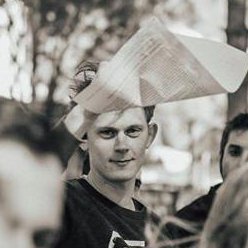
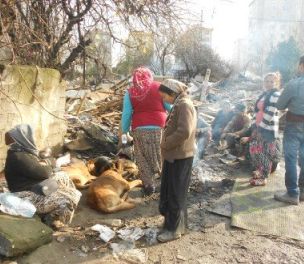
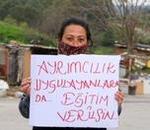
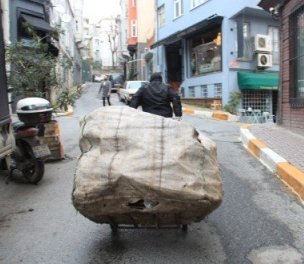
as.jpg)
